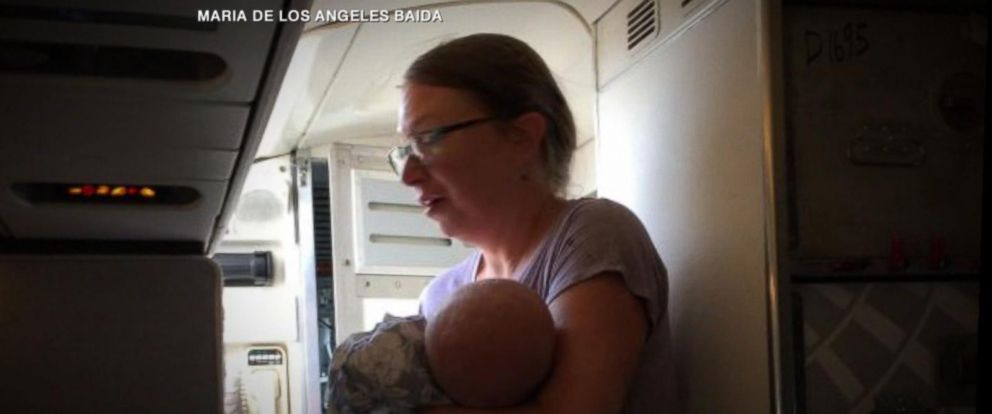Annie Knight, widely known for her bold persona and dubbed “Australia’s most sexually active woman,” has recently opened up about a deeply personal and painful battle with her health that she says has been dismissed by medical professionals — despite months of suffering, bleeding, and physical distress.
Adult Star Annie Knight Reveals Devastating Health Struggle After Record-Breaking Bedroom Marathon: “I Begged Doctors to Help Me”
The 28-year-old adult entertainer, who made international headlines for engaging in an unprecedented sexual challenge involving 583 men in a single day, revealed that the real struggle began long before the viral event. While the act itself captured global attention and sparked intense debates, Annie says the public spectacle overshadowed a much darker and more painful chapter of her life — one that continues to affect her body, mind, and daily functioning.
Article Source: BoredPanda
An Unimaginable Feat — and the Fallout
According to, the headline-making bedroom event — where hundreds of men lined up to participate — was physically demanding, but shockingly, not the most difficult part of her journey.
“Honestly, having sex with 500+ men in one day wasn’t as hard as people think,” she told Us Weekly. “But what’s been far harder is the aftermath — trying to get my health taken seriously.”
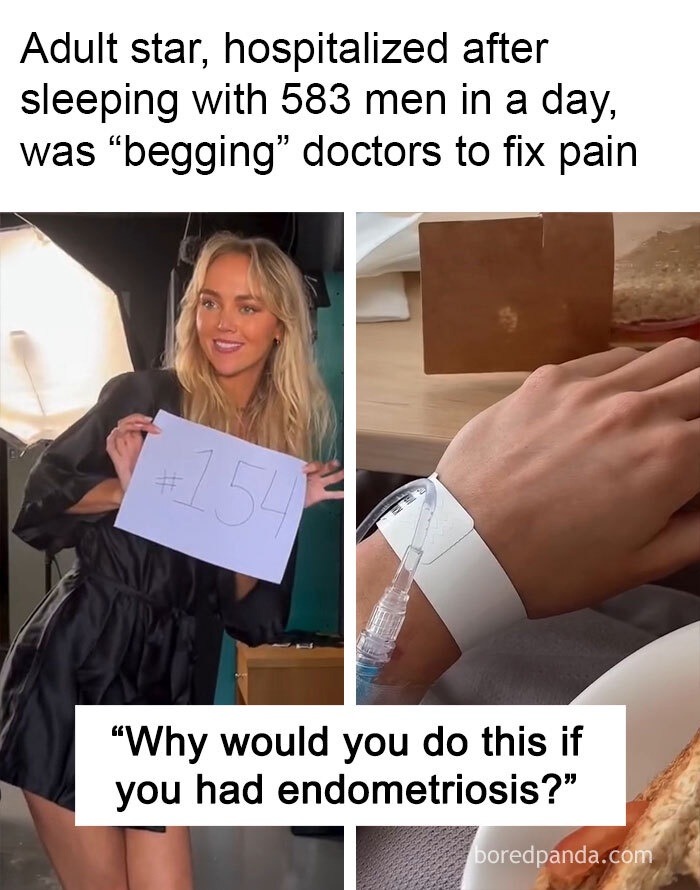
Shortly after the stunt, Annie landed in a hospital bed, experiencing extreme fatigue, bleeding, and pain. At first, many chalked it up to the intensity of the event. Annie herself admitted it left her sore and slightly injured. “It was definitely raw down there. I even got a little cut,” she explained.
However, what many didn’t know was that Annie’s suffering didn’t begin after her sexual conquest — it had started months earlier.
Pain Before the Performance
“I’ve been in constant pain and bleeding non-stop since January,” she revealed in an emotional Instagram Story to her 232,000 followers. “This started way before the challenge. But every time I tried to seek medical help, I was brushed off.”
Annie described the experience as nothing short of “medical gaslighting,” referring to the all-too-common phenomenon where women’s health concerns are minimized, misdiagnosed, or outright dismissed by doctors.
Despite multiple visits to specialists and general practitioners, she says no one could pinpoint the cause of her suffering. One specialist even performed exploratory surgery, only to return with no concrete answers. “They found nothing,” she wrote. “Then they put me on an IUD without addressing what was already going on.”
She insists that her symptoms were incorrectly attributed to IUD-related side effects, despite the fact that her bleeding and discomfort began months before the device was ever inserted.
“I Was Crying on the Phone, Begging”
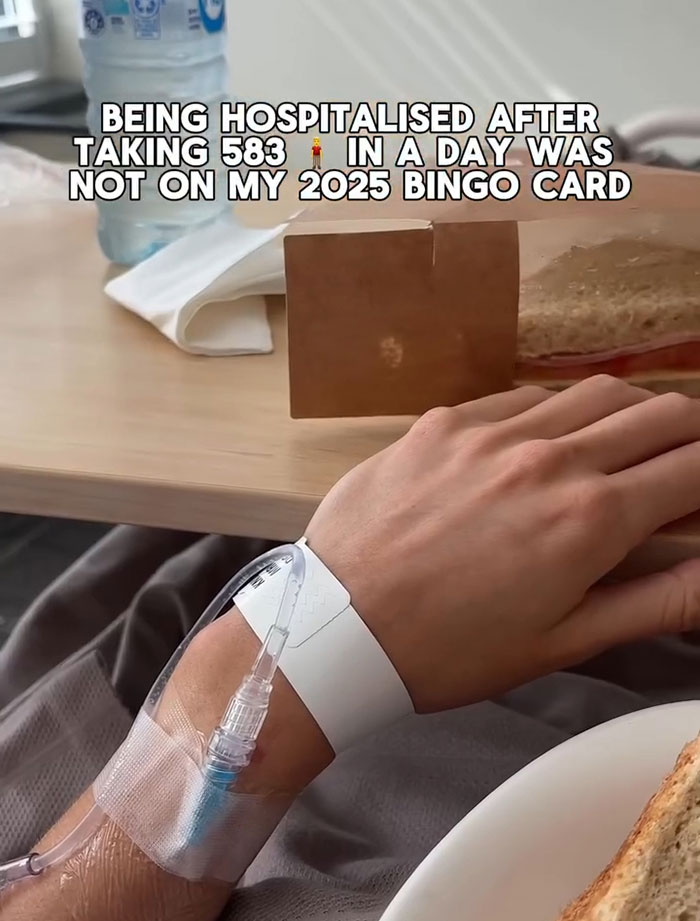
The adult content creator painted a grim picture of her desperation in the face of indifferent medical care. “I called the doctor’s office sobbing, literally begging them to help me,” she shared. “I told them, ‘I can’t live like this,’ but they still dismissed me.”

She says the turning point came when she returned to the same specialist, hoping for renewed attention to her case. Instead, he brought up her sexual world record attempt. “He immediately referenced the 583-men thing, even though that had nothing to do with why I was there,” she said. “He ended the appointment saying, ‘I don’t know what’s wrong with you,’ and sent me home.”
The lack of medical support has taken a serious toll on Annie’s mental and emotional health, she says, in addition to affecting her career and relationships. “It’s exhausting to be in constant pain and to feel invisible to the very people who are supposed to help you,” she admitted. “It’s affected every aspect of my life.”
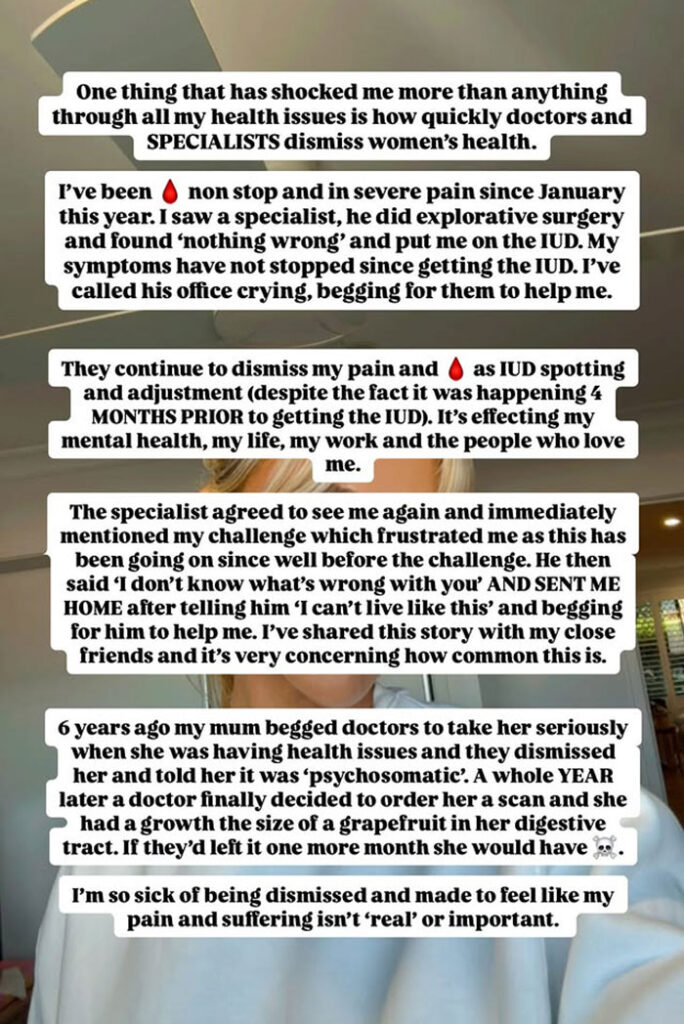
Diagnosis, But Still No Relief
Annie has been previously diagnosed with endometriosis — a chronic and often debilitating condition where tissue similar to the lining of the uterus grows outside of it, causing intense pain, irregular bleeding, and in some cases, infertility. Despite having this known condition on her medical record, she says doctors continue to overlook the possibility that her symptoms could be linked to it.
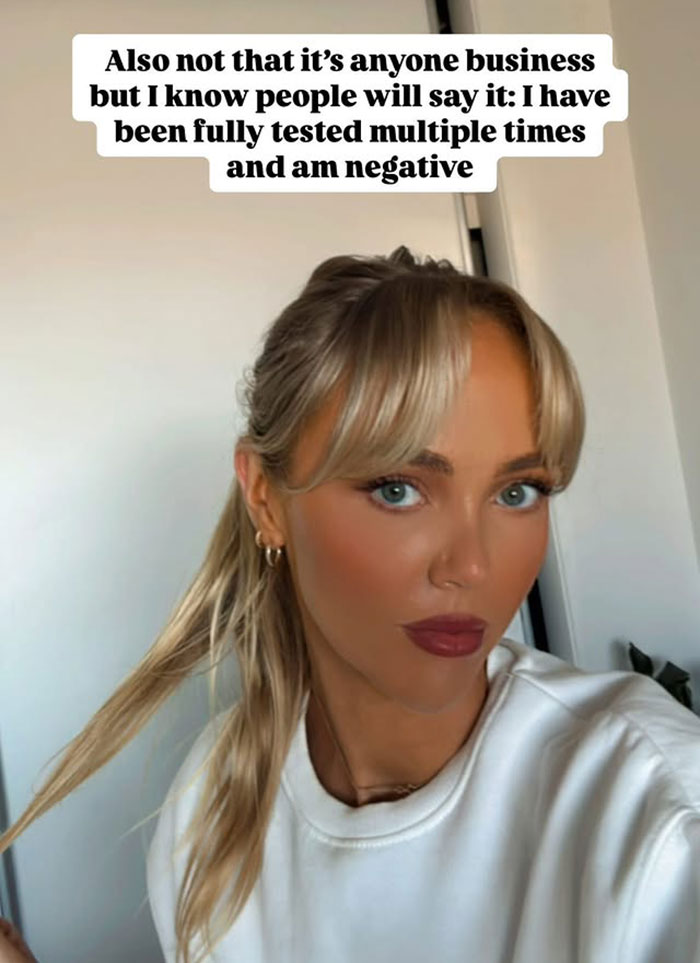
“After the challenge, everything got worse,” she explained. “My symptoms became more intense — more bleeding, more pain. It felt like my body had just hit a wall.”
Yet instead of compassion or urgency, she claims she was met with skepticism and blame — particularly after her publicized sexual event. “People act like I deserved it, or brought it on myself. But I was in pain way before that. I kept asking for help and was ignored.”
A $10,000 Event That Changed Her Life — and Her Body
Annie spent an estimated $10,000 organizing the high-profile event, which involved securing a location, medical supervision, legal logistics, and coordinating hundreds of participants. Despite the financial and physical cost, she insists it was worth it from a business perspective.
“I expect to make that money back ten-fold,” she said. “The media attention, the subscriptions, the traffic — it was huge.”
And yet, she candidly acknowledges that no amount of financial gain can undo the toll it’s taken on her body. “I’m not doing well right now,” she told reporters. “I’m trying to rest, sit in the sun, just breathe for a while. But I’ll be okay. I’m strong, and I’m not letting this slow me down.”
Raising Awareness About Women’s Health Neglect
What began as a sensational story about sex has slowly transformed into something far more serious — a spotlight on the systemic failures in women’s healthcare. Annie’s story echoes the voices of thousands of women around the world who say their pain is dismissed, their concerns minimized, and their conditions misdiagnosed — particularly when it comes to reproductive and menstrual health.
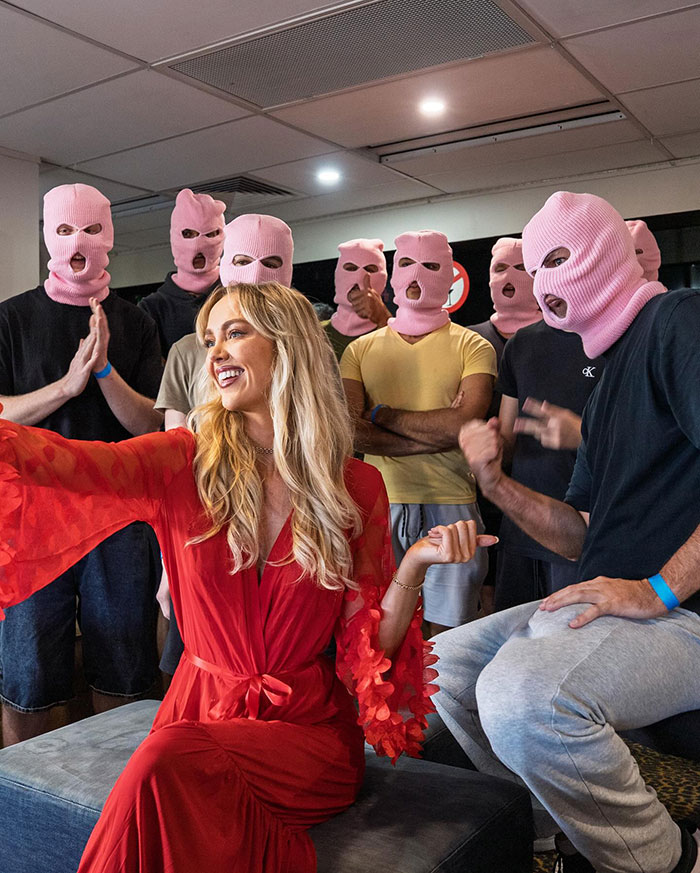
Her experience follows in the footsteps of others who’ve spoken up recently, such as British boxer Georgia O’Connor, who revealed being “gaslit” by doctors for months before being diagnosed with cancer — tragically, just weeks before her passing.
“I’m speaking up not just for myself, but for every woman who’s been told she’s exaggerating, or that it’s all in her head,” Annie said. “Pain is real. Bleeding for months is not normal. And no one should have to beg for help.”
As she continues to recover, Annie hopes her voice will amplify the message that women deserve to be heard, believed, and treated — regardless of their profession, background, or lifestyle choices.
“I might be known for what I do in front of the camera,” she added, “but at the end of the day, I’m a human being. I deserve care and dignity — just like everyone else.”




